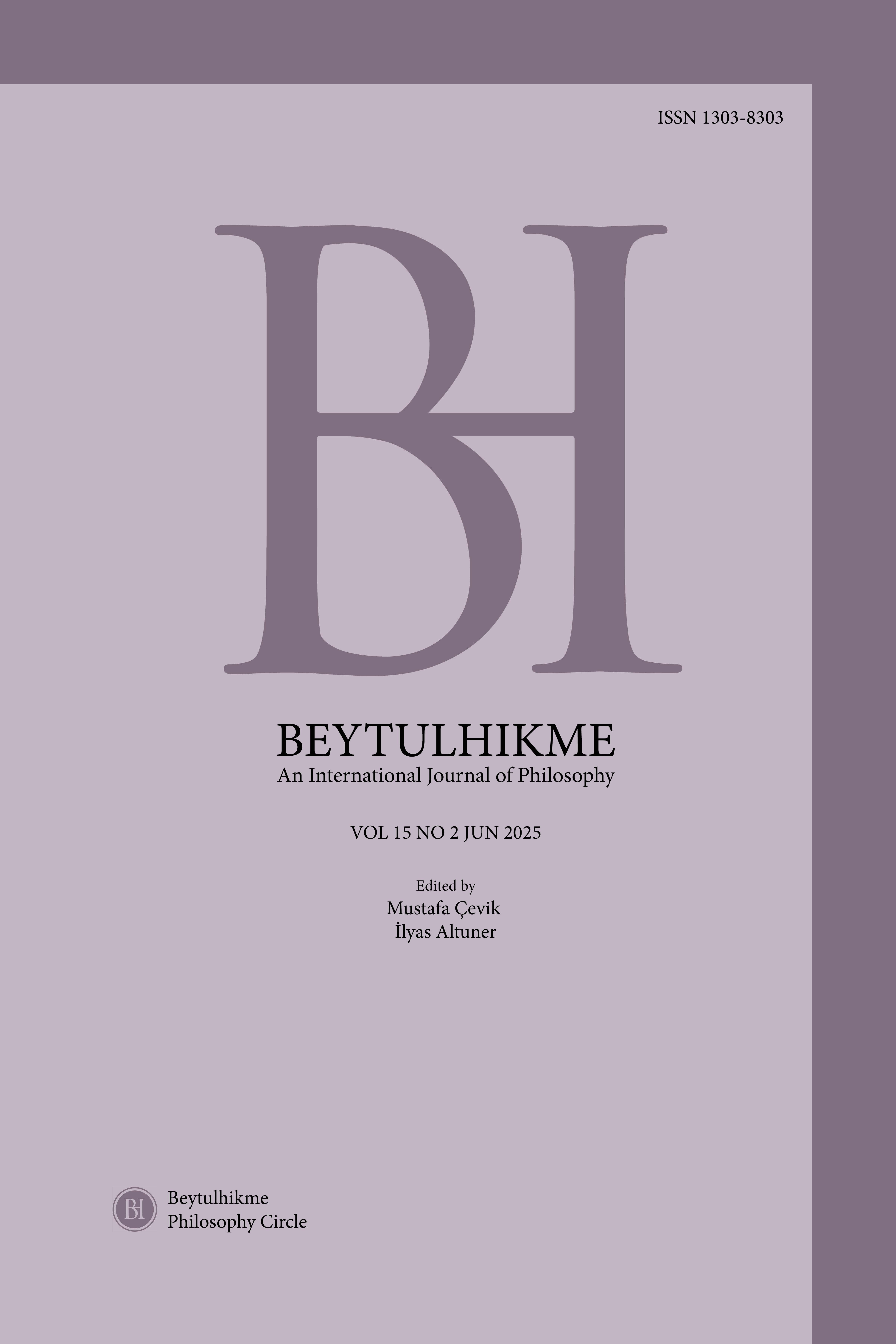Author :
Abstract
Zaman, tarih boyunca üzerinde tartışılmış, fakat bir uzlaşma sağlanamamış kavramlardan biridir. Her ne kadar üzerinde uzlaşılamasa da, zamanın ne olduğuna dair yaklaşımlar, felsefe ve bilimde yeni gelişmelere yol açmıştır. Yalçın Koç tarafından geliştirilen nazariyat (theoria) sisteminin de zamana dair bir yaklaşımı vardır. Koç, zamanı nisbetli ve gayrı nisbetli olarak ikiye ayırır. Nisbetli zamanı, insanın ben bilinci olan şuur ile alakalandırır. Gayrı nisbetli zamanı ise, nisbetli zamanı aşan ve bir an’a mahsus zaman olarak ele alır. Koç, insanı dünyada geçirdiği evreler itibariyle aşkın-düşkün olarak iki döneme ayırır. Aşkın dönem anne karnına düştüğü andan itibaren doğuma kadar olan dönemdir. Düşkün ise idrakin geliştiği aşamadan sonra yetişkin birey olarak geçirilen dönemdir. Koç’a göre insan, düşkün dönemde, kendini ve deneyimlediği dış dünyayı algılayıp idrak edebilmesi için bir zemine muhtaçtır. Bu zemin aşkındır. Bu makalede Koç’un aşkına has zaman tanımları, kendisinin metafizik anlayışı çerçevesinde açıklanacaktır. Bu anlayışın felsefe ve bilimde yol açabileceği tartışmalar ele alınacaktır.
Keywords
Abstract
Time is one of the concepts that has been discussed throughout history, but no consensus has been reached. Although there is no consensus, approaches to what time is have led to new developments in philosophy and science. The nazariyat (theoria) system developed by Yalçın Koç also has an approach to time. Koç divides time into proportional and non- proportional. He relates proportional time to consciousness, the human self-consciousness. Non-proportional time, on the other hand, is considered as time that transcends proportional time and is specific to a moment. Koç divides human beings into two periods, transcendent and fallen, in terms of the stages they go through in the world. The transcendental period is from the moment of conception until birth. The fallen is the period spent as an adult individual after the stage in which cognition develops. The transcendent watches everything unmediated. Koç calls this course nazariyat (theoria). According to Koç, in the fallen period, human beings need a ground to perceive and comprehend themselves and the external world they experience. This ground is the transcendental period of man.





